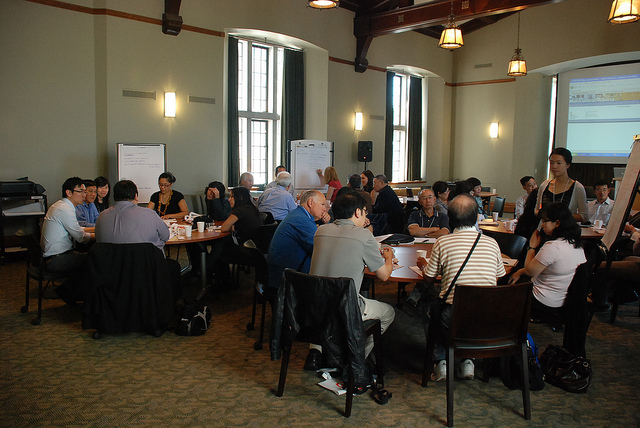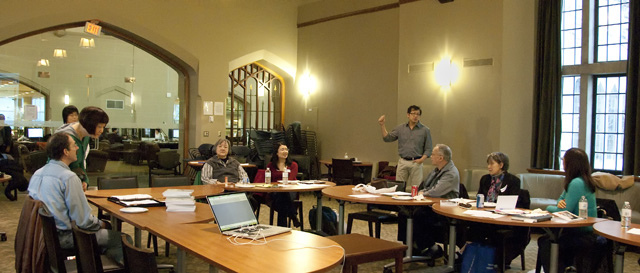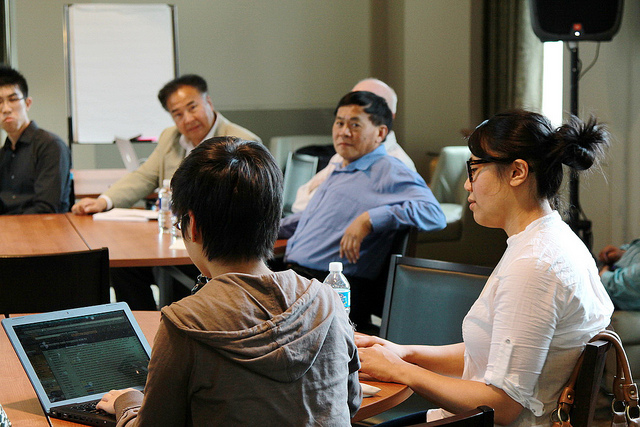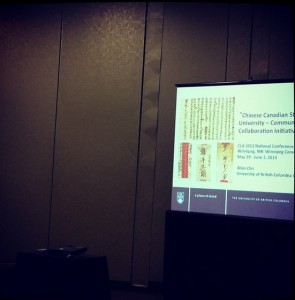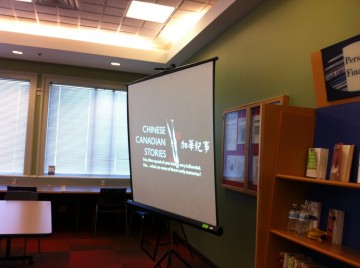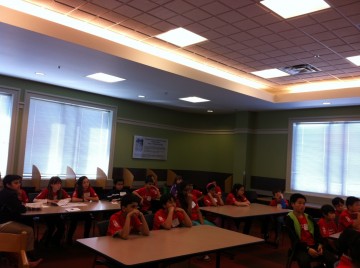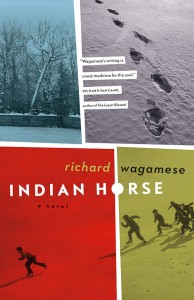Author of “The Economics of Happiness” and happiness economist Mark Anielski explores what makes communities in both Canada and abroad flourish and experience the most happiness. His research and consulting work in Canada, China and Tahiti evolved into what he calls Genuine Wealth, providing individuals, businesses and communities with a practical roadmap for achieving a balanced life that optimizes wealth, health and happiness. Mark believes that wellbeing will become the new bottom line of business and communities, and that progress will be measured in terms of genuine happiness. Mark Anielski is President and CEO of Anielski Management Inc. (AMI) located in Edmonton, Alberta. As an economist, he works with communities, businesses and governments to help them assess, measure and manage their genuine wealth – the things that matter most to well-being, quality of life and sustainability.
About the Speaker:
Mark Anielski is President and CEO of Anielski Management Inc. (AMI) located in Edmonton, Alberta. As an economist, he works with communities, businesses and governments to help them assess, measure and manage their genuine wealth – the things that matter most to well-being, quality of life and sustainability. Mark is the author of the best-selling book The Economics of Happiness: Building Genuine Wealth, which was published by New Society Publishers in May 2007, with a second printing in 2009. In 2008 his book won two awards; the gold medal in the category of Consciousness Business Leadership at the Los Angeles Nautilus Book Awards and a bronze medal in the category of Economics at the Axiom Book Awards in New York. In January 2010, it was released in China. The Economics of Happiness provides a roadmap for building a new economy of well-being using Mark’s Genuine Wealth model to assess the resilience of human, social, natural, built and financial capital assets.
Alberta Venture magazine named Mr. Anielski as one of Alberta’s 50 most influential people of 2008. Mark is an Adjunct Professor at the University of Alberta, School of Business and teaches a course in Corporate Social Responsibility and Social Entrepreneurship. He is also a founding faculty member (sustainable economics) of the Bainbridge Graduate Institute in Washington, which was the first MBA program in the US dedicated to sustainable business practices and ethics.
Select Books Available at UBC
Anielski, Mark , (2007). The Economics of Happiness: Building Genuine Wealth. 1st ed. Gabriola Island, BC: New Society Publishers. [Link]
UBC Resource Guides
